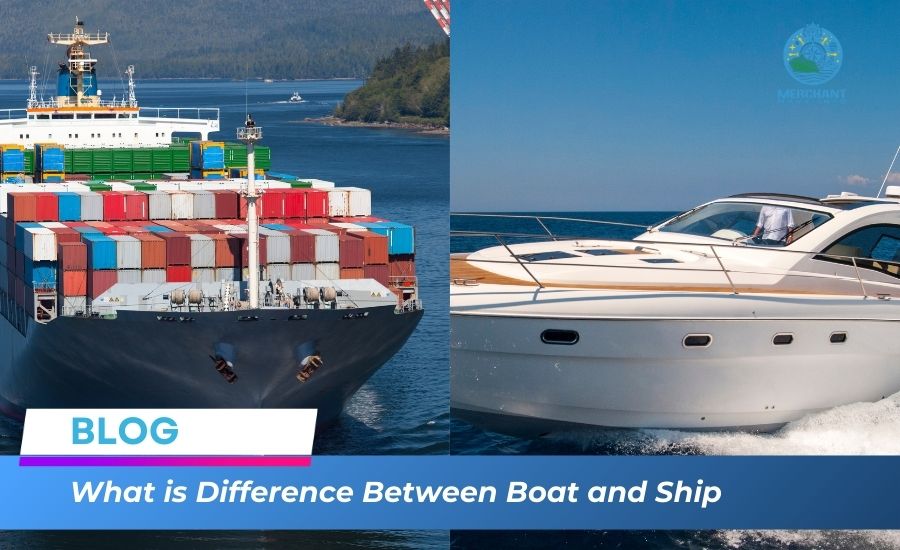
Major Difference in Boat vs Ship
While most people use the terms “ship” and “boat” very loosely, these terms do not necessarily refer to the same thing.
Sure, they both share the same concept of being vessels that float on the water. Still, there are actually significant differences between different vessels that allow us to define them as either ships or boats.
So, what are these differences?
It all depends on the size of the vessel and its purpose. For example, a fishing boat differs greatly in size and scope from a sailboat!
So, let’s look at these differences and see what makes a ship, a ship and a boat a boat. This will also help you understand what type of boat insurance you need.
Boat vs Ship: What’s the Difference?
A ship is a human construction that can float and move on water.
Ships are used for maritime or river transportation and support various activities such as transportation of people or goods, maritime warfare, fishing, navigation and other services such as the safety of other ships.
A ship is a durable vessel designed for sea travel and cargo transportation, i.e., when it is intended to sail beyond the limits of no longer applicable technical safety standards for inland navigation.
There are many types of ships, including cargo ships such as tankers and military ships such as aircraft carriers.
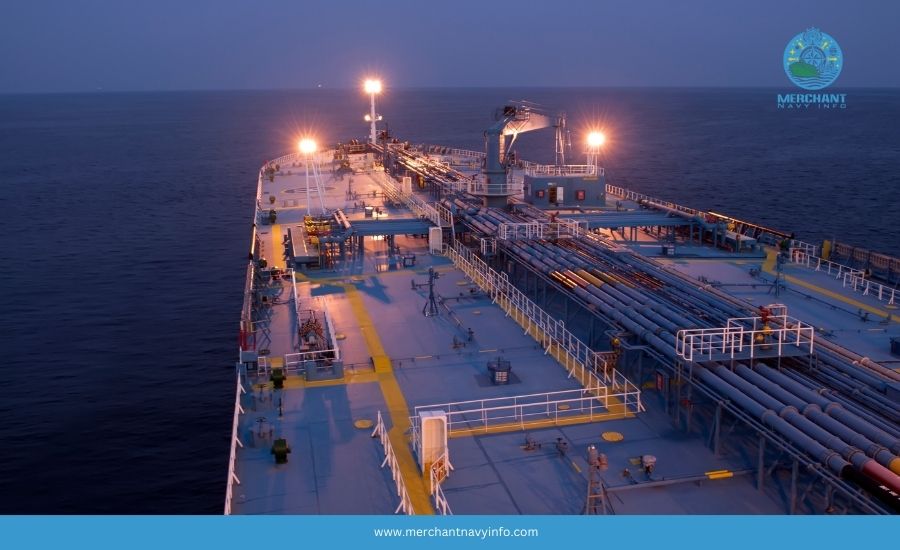
It can be said that the two words are often used incorrectly. From a layman’s perspective, “ship” is colloquial and “ship” is more formal. But we often talk about the same thing and confuse the two words.
The obvious difference between a boat and a ship is that a ship can carry ships, but a boat cannot.
The exception to this general rule is that a ferry is not a ship but a dinghy; however, cruise ships that look the same and may weigh the same are both ships.
You can tell if your boat is not a boat based on the size of the vessel, the areas it sails in, the cargo it carries, the available crew, and the equipment involved. Let’s dig a little deeper.
Size of Boat vs Ships
The biggest difference between a ship and a boat that people tend to notice is their size. An easy way to remember the difference is that a ship can carry boats, but a boat cannot.
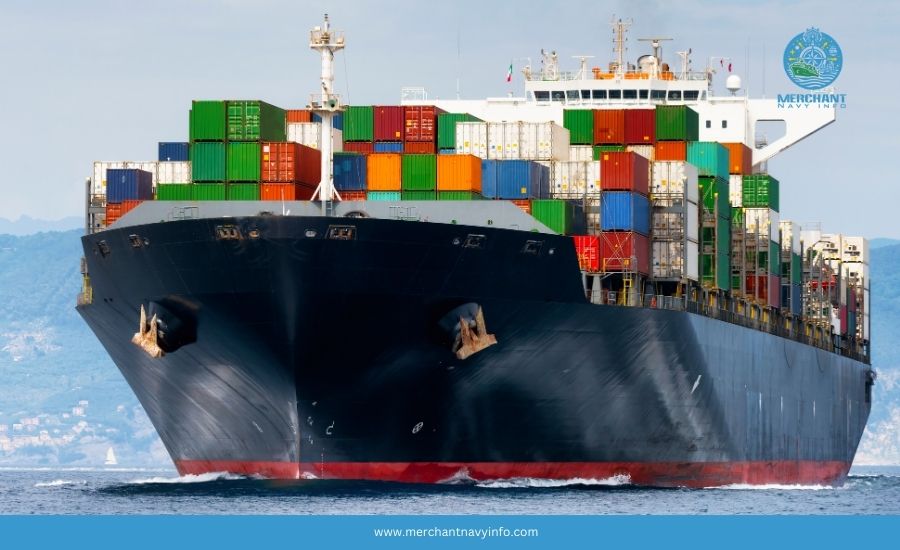
While boats can technically be very large vessels, and most can carry other vessels (such as kayaks, canoes, lifeboats, etc.), ships are built in part to carry other vessels and heavy machinery, complex equipment, captains, crew members, and more. Technically, most sailors would say a ship weighs at least 550 tons. Of course, a ship will most likely carry much more cargo than a small boat.
Travel Areas of Ships vs Boats
Ships’ operating areas tend to vary. While some cross oceans, it’s uncommon for them to do so. They stay close to their home coasts and travel through small waterways.
At the same time, people are building ships to navigate the high seas, cross deep waters, and reach different countries around the world.
Organizations such as the Royal Navy often use them to carry international cargo.
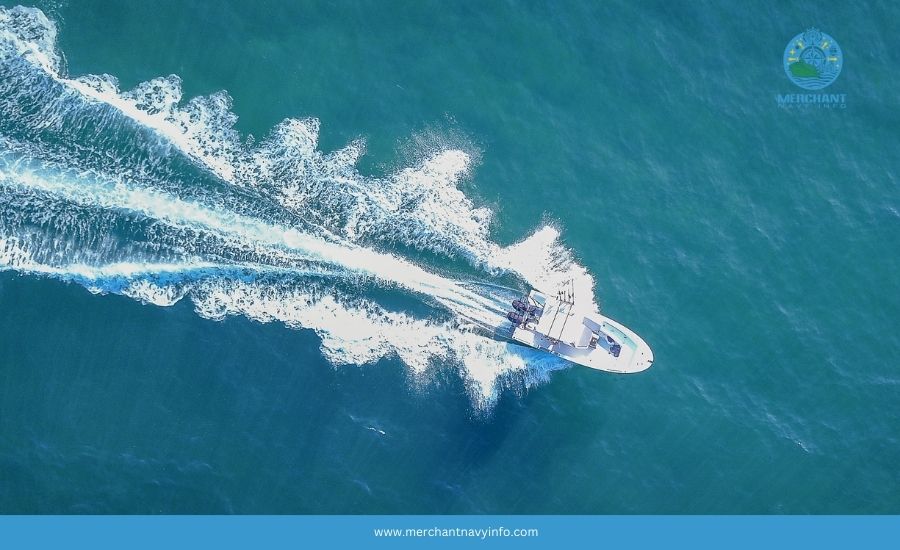
Ships are also built to cross deep waters – if a ship strays too far from shore, it’s easy for the ship to sink. That’s why when a ship sinks, there’s usually a good reason!
Ships head for inland waters – While not all ships stay on shore, it’s rare to see them head for the sea.
Goods Transfer on Boat vs Ship
While some ships can technically carry cargo, boats tend to carry more cargo and farther. Boats are not usually built to carry large cargo, meaning large-scale transport and maritime trade are usually carried out on board.
Shipping Vessels – Differences between Ship vs Boat
While some ships carry a small crew, especially for commercial purposes, crew standards differ greatly from those of other ships. Ocean vessels, fishing vessels, and merchant ships tend to have larger crews and are trained for different conditions.
The ship is at sea for months and must face different challenges that ships encounter, as the crew may spend weeks on land. Although every ship faces challenges, the workers on board tend to be larger and better trained.
Ships also need their captain to keep the crew in an organised queue, while boats can be less strict. For example, the captain may sometimes be the only crew member.
Use of Boats and Ships
While ships can be used for various purposes, including commercial reasons (e.g., fishing boats, tourism, etc.) and even rescue (lifeboats), boats are also commonly used for recreational purposes.
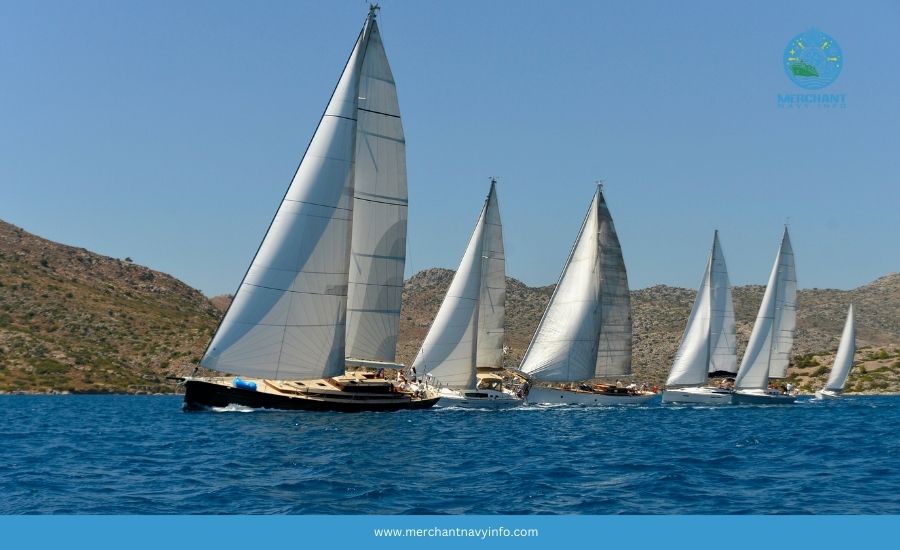
On the other hand, no one buys boats for recreational purposes. They are widely used for commercial, military, business and research purposes. Cruise ships are exceptions, of course, but these are large commercial vessels.
How it works?
The definition of this is a bit complicated. While not all boats are like this, there are smaller boats that can move without an engine, such as sailboats, canoes, kayaks, etc.
Ships, on the other hand, have a different propulsion system and require the use of very powerful engines to move forward.
Also read: Barge Vessel: How Many Types Are There?
Although one could argue that a motorboat is not considered a ship but has an engine, the subtle difference between the two is worth noting.
When does a boat become a ship?
Again – there are no real set rules! Some argue that, as mentioned above, a boat is a ship when it has three square masts or weighs more than 550 tons.
However, many people generally refer to any small vessel as a ship – regardless of purpose or intent.
If the equipment is simple and the requirements are lower than for a larger sailboat, it is more likely to be a catamaran.
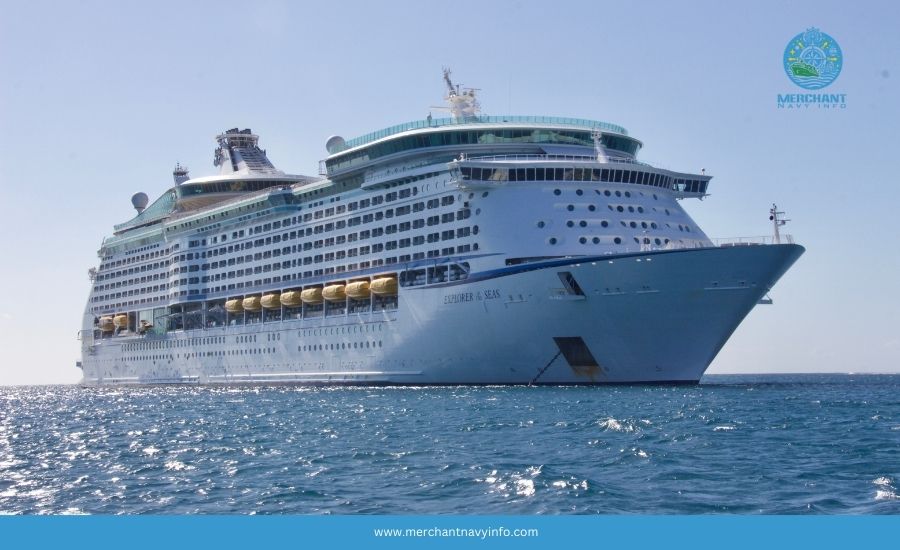
Types of Ships
When things couldn’t get more complicated, of course, there are all sorts of different boats and ships with specific features and names.
Here are some of the most commonly used boats you may have encountered.
Types of Boats
- Motorboats
- Fishing boats
- Catamarans
- Game boats
- Lifeboats
- Ski boats
- Houseboats
- Canal boats
- Deck boats
- Dinghies
- Banana boats
Common Types of Ships
- Cruise ships
- Naval ships
- Tankers
- Carriers
- Container ships
- Offshore vessels
- Other passenger ships
In summary
So, what is the difference between a boat and a ship? It turns out there are a lot of differences, and it may take work to tell the difference between the two definitions. Generally speaking, ships are expected to be larger, have a longer range, and sail almost exclusively offshore or inshore.
Meanwhile, boats are much smaller, more likely to be used for recreational purposes, and usually limited to inland waterways (although larger blue-water vessels can also cruise). However, if you confuse the two terms, don’t worry: we can help you define your boat, especially regarding the implications of boat insurance or commercial boat insurance. Most people don’t realise there’s any difference between the two, but if you operate any commercial vessel, it pays to understand the key distinctions.









